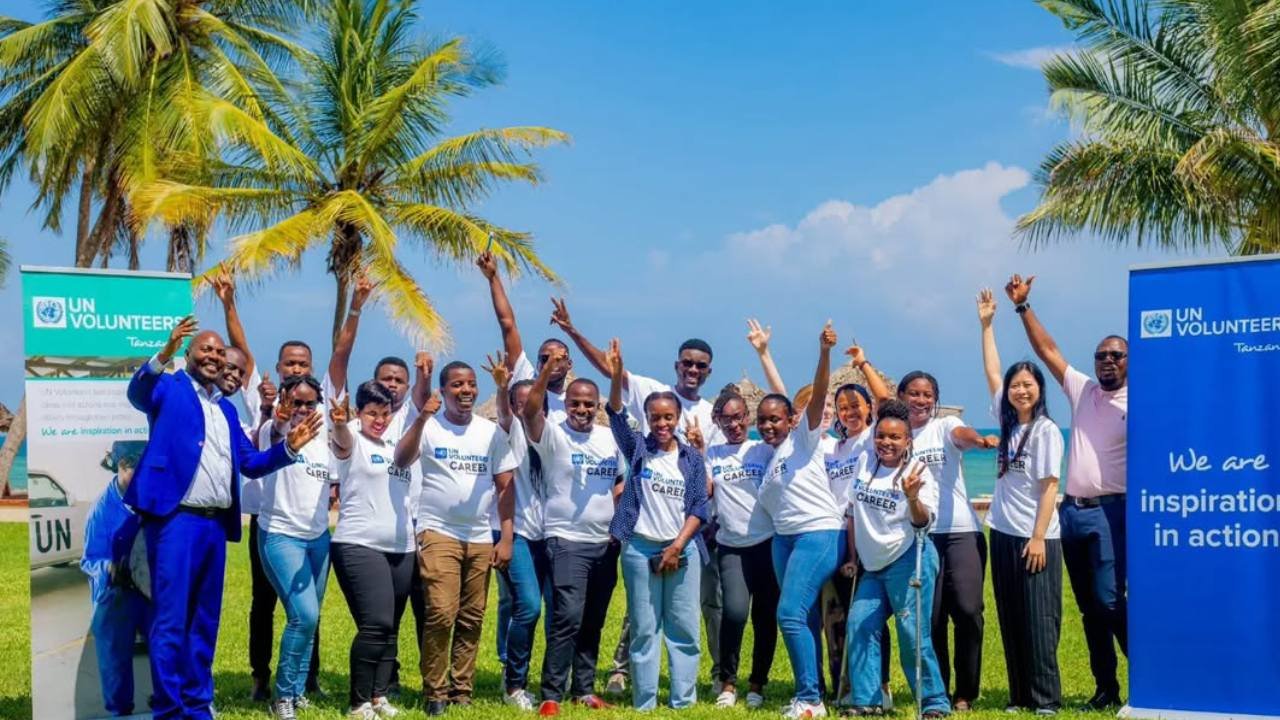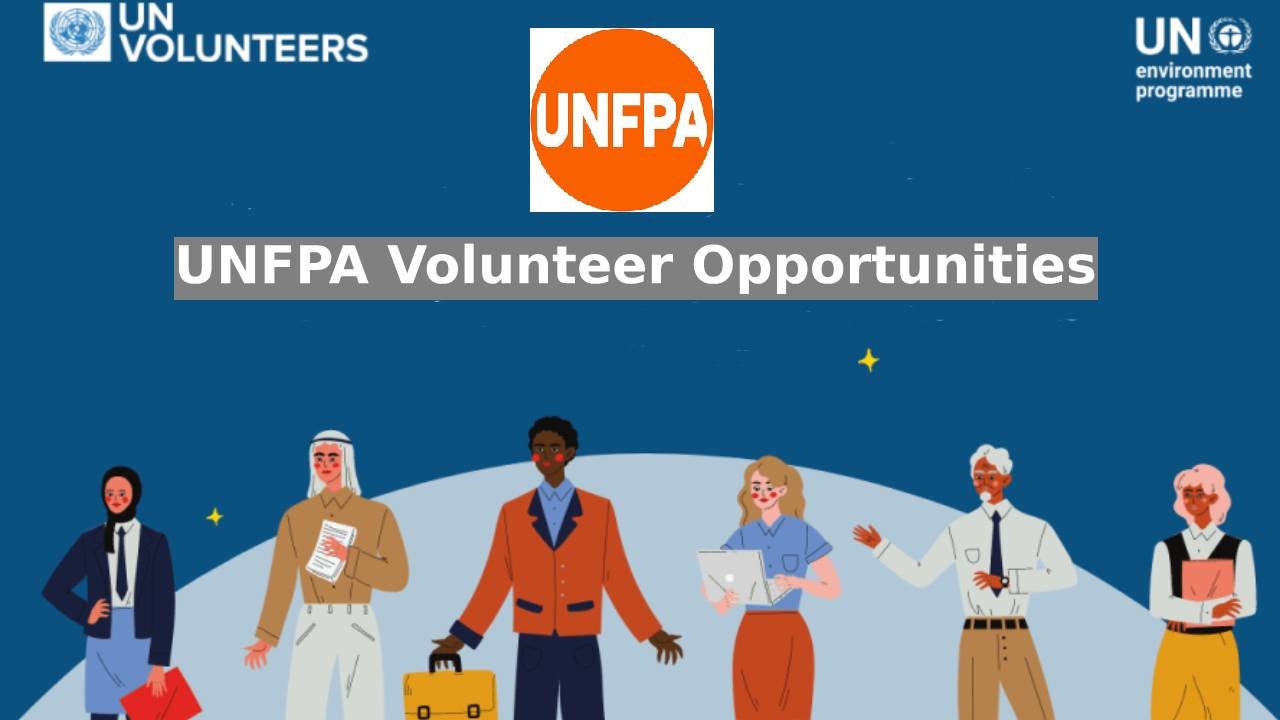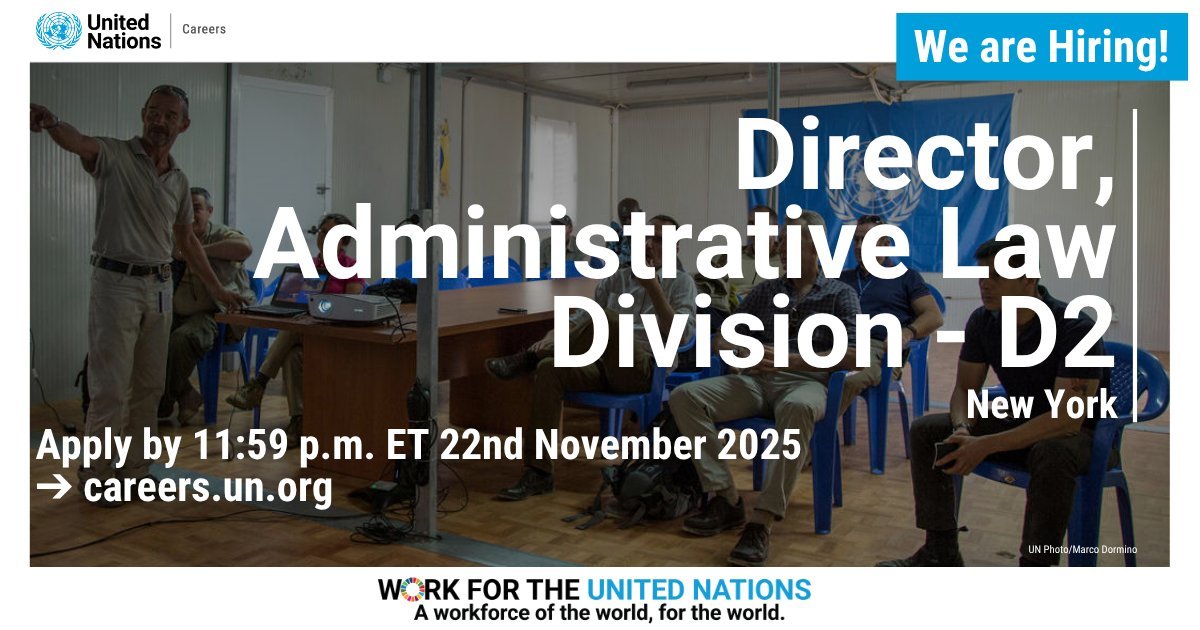The World Food Programme (WFP), the food assistance branch of the United Nations, is the world’s largest humanitarian organization dedicated to saving lives in emergencies and using food assistance to build a pathway to peace, stability, and prosperity. Established in 1961, the WFP operates in over 120 countries and territories, working toward achieving Sustainable Development Goal 2: Zero Hunger. Its core mission revolves around providing life-saving food assistance during emergencies, addressing chronic hunger and malnutrition, and supporting long-term development through resilient food systems. The organization relies entirely on voluntary contributions from governments, corporations, and individuals, including volunteers, to achieve its ambitious goals.
Volunteering with the WFP offers individuals a unique opportunity to directly contribute to global food security and emergency relief initiatives. These opportunities can range from on-the-ground field work in crisis zones to remote support roles, advocacy, and fundraising activities. The types of roles available are diverse, often requiring various skill sets, including logistics experts, supply chain managers, nutritionists, data analysts, and communications specialists. The WFP frequently partners with the United Nations Volunteers (UNV) programme to recruit skilled professionals for its projects worldwide, leveraging a broader pool of talent to expand its reach in critical areas.
Current Volunteering Opportunities
WFP’s volunteering opportunities are dynamic and constantly evolving based on programmatic needs and global priorities, particularly in response to conflict and climate-related disasters. While specific roles vary, common areas where volunteers are sought include:
- Logistics and Supply Chain: Contributing to the complex coordination, transport, and distribution of food and non-food items in challenging environments, often acting as the lead agency for humanitarian logistics.
- Emergency Response: Providing immediate support during humanitarian crises, including field operations, assessment, cash-based transfer (CBT) programming, and setting up temporary operational bases.
- Nutrition: Supporting programs that combat malnutrition, focusing on vulnerable populations like expectant mothers and young children through targeted nutritional interventions.
- School Feeding Programs: Assisting with initiatives that provide meals and nutritional support to children in schools, often linking local smallholder farmers to the school market.
- Data Analysis and Assessment: Assisting with vulnerability mapping, data collection, and reporting to inform program development and resource allocation in areas facing food insecurity.
- Advocacy and Communications: Raising awareness about global hunger, documenting the impact of WFP’s work, and supporting communication strategies in country offices.
Current opportunities change frequently and can be found directly on the UNV Opportunities Portal at app.unv.org/?hostEntity=WFP
Application process via the UNV Portal
- Visit the UNV Website: Go to the official United Nations Volunteers website at www.unv.org.
- Register Your Profile: Create an account on the UNV portal. This involves providing personal details, educational background, professional experience, language proficiencies, and areas of expertise.
- Search for Opportunities: Once registered, you can browse available volunteer assignments. Use keywords such as “WFP” or specific areas of interest (e.g., “logistics,” “nutrition”) to filter the results. The portal allows for filtering by Location, Host entity, and type of assignment (e.g., national, international, online).
- Review Descriptions: Carefully read the descriptions of assignments that interest you. Pay close attention to the required qualifications, experience, responsibilities, and living conditions. Ensure your skills and experience align with the role’s requirements.
- Online application: If you find an assignment that matches your profile and aspirations, express your interest or apply directly through the portal.
- Interview and Selection: Shortlisted candidates are typically invited for an interview, which may be conducted remotely.




